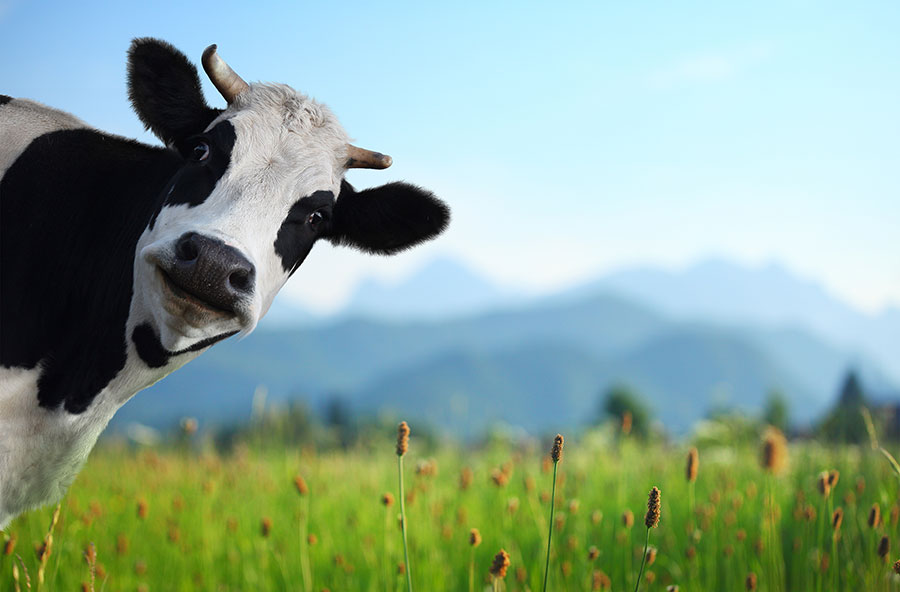“Money can’t buy happiness…but it can buy cows. And cows make milk, and milk makes ice cream, and ice cream makes you happy.”
This is the sort of wisdom you pick up in a Colorado bookshop while on vacation. Maybe it was the thinner air, but after I chuckled, I thought, “Wait a minute…that’s really true.”
Happiness is a big deal. Our founding fathers championed it as an inalienable human right, a gift of the Creator we should be free to pursue.
Obviously when we say things like, “Money can’t buy happiness,” we understand it to mean, “and other forms of wealth can’t buy happiness either.” This would explain the miserable billionaire in his spectacular 20,000 square foot mansion.
However, as the humorist Leo Rosten once observed, even though money may not be able to buy happiness, “neither can poverty.”
What does the research say? In 2010 Nobel prize winner Daniel Kahneman and Angus Deaton released a study demonstrating that happiness did, in fact, increase in individuals as their incomes rose, but only up to about $75,000 ($90,000 adjusted for inflation today).
Incomes above that amount, the study found, were able to buy “satisfaction” but not real happiness.
Maybe this curious connection between financial wellbeing and emotional state-of-mind is best illustrated by an old story about a poor Mexican fisherman and a wealthy American tourist.
The fisherman described his simple life this way: “Every day I sleep late, fish a little, play with my children, and take a siesta with my wife. In the evenings I go into the village to see friends, have a few drinks, play the guitar and sing a few songs. I have a full life.”
The American frowned, “Sir, I’ve got a Harvard MBA. Could I offer some advice? If you’d fish just a little longer each day, you could catch more fish. You could then use that extra revenue to buy a bigger boat. That way you’d be able to catch even more fish, buy a second boat, then a third. Eventually you’d own a fleet of trawlers. Soon you could bypass the middleman, negotiate directly with the processing plant—maybe even open your own plant. In time, you’d be able to leave your village, move to Mexico City and build a fishing empire!”
“How long would all that take?” the fisherman asked.
“About 20 or 30 years.”
“Then what?”
“Well then,” the MBA replied, “You could retire to a small village, sleep late, fish a little, play with your grandchildren, take a siesta, and spend your evenings drinking and enjoying the company of your friends.”
Ouch.
So what conclusions can we draw about money and happiness?
1. Happiness is a big deal in life. Though we may define it differently, the pursuit of it is what drives us.
2. Some “ice cream” can make you happy. Too much will make you sick.
3. Ultimately, it isn’t money that makes us happy. It’s the cows. (By “cows,” I refer, of course, to the material assets, opportunities, and experiences that require money for us to be able to enjoy.)
You’d think a financial planner would be urging you to make more money. But what’s the point if the pursuit of that wealth doesn’t lead to true happiness?
Do this: Get clear on what the “cows” are in your life…the things that contribute to your deep happiness.
Once you’re clear about your cows, you can steer your money in the right direction.
A helpful tool is my new e-book “How to Put Money Worries in Your Rear View Mirror – The Financial Freedom Roadmap.” It’s free—and a quick read. Email me at bmoore@argentadvisors.com and I’ll get it to you right away.
Argent Advisors, Inc. is an SEC-registered investment adviser. A copy of our current written disclosure statement discussing our advisory services and fees is available upon request. Please See Important Disclosure Information here.

